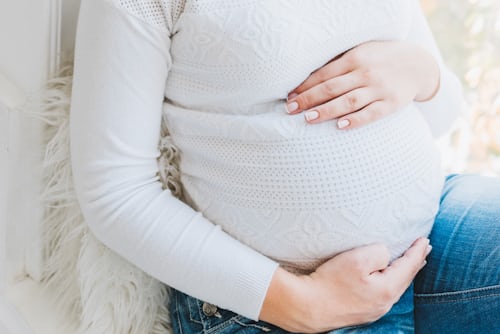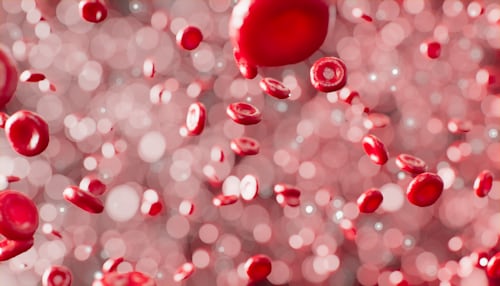
Spotting during early pregnancy can be a sign of many things, but it’s typically not a serious issue. If you’re spotting consistently, talk to your doctor about what might be going on. If you’re concerned about your spotting, talk to your doctor. He or she can do a pregnancy test to rule out other causes and help you figure out what’s going on. Most women experience spotting between 2 and 12 weeks into their pregnancy, but it can also occur at any time during the first trimester. It’s important to remember that spotting isn’t necessarily a sign that you’re pregnant – it can also be a sign of something else, such as precancerous cells or an infection. However, if you notice any unusual changes or symptoms related to your spotting, it’s always best to consult your doctor.

what expecting mothers should know about pregnancies? Spotting in early pregnancy is usually caused by hormonal changes and can vary from woman to woman. Some common causes of spotting during the first trimester are: cervical mucus, ovulation, and implantation bleeding. Spotting during early pregnancy can be a sign that something is wrong, but it doesn’t always mean there is a pregnancy problem. In some cases, spotting may just be the result of hormonal changes or physical activity. If spotting continues or is severe, however, you should visit your health care provider. There are a few things you can do to treat spotting in early pregnancy. Spotting during early pregnancy can be a common occurrence, but it doesn’t always mean there is something wrong. There are many things you can do to treat spotting in early pregnancy, such as changing your diet or exercising. If the spotting continues after trying these methods, you may need to see a doctor.
What happens if I don’t treat my spotting?

Spotting during early pregnancy can be a sign that something is wrong. If you don’t treat your spotting, it could become a sign of a more serious condition. If you’re not sure what to do, talk to your doctor. They can help you figure out the best course of action for your specific situation. If you don’t treat your spotting, it will likely get worse and eventually lead to a full-blown pregnancy. Spotting during early pregnancy is a sign that you’re pregnant, but it’s not always an accurate indicator. If you have any doubts about whether or not you’re pregnant, please see your doctor. If you’re pregnant, it’s important to be aware of the symptoms of early pregnancy and know how to respond. By following these simple guidelines, you’ll be on your way to a healthy pregnancy and a happy baby. If you’re experiencing any of the following symptoms, it’s important to see your doctor as soon as possible: intense bloating, nausea and vomiting, cramps, fatigue, mood swings. If you have any doubts about whether or not you’re pregnant, it’s always a good idea to get checked out. In early pregnancy, the cervix may not be fully closed and menstrual blood may flow through the opening into the vagina.